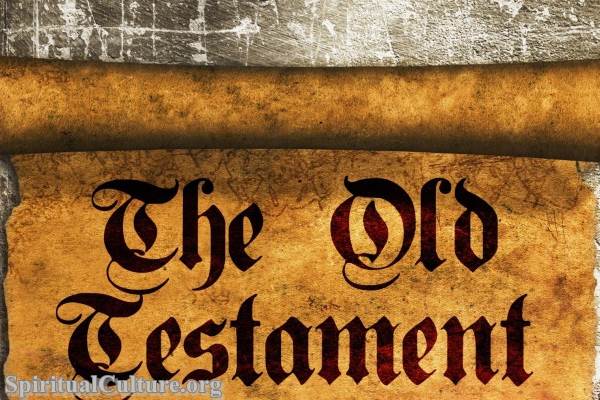The Old Testament is foundational in Jewish and Christian traditions, providing an important historical and cultural context for both religions.
The Old Testament was written in Hebrew, with some portions in Aramaic. The books of the Old Testament were written over approximately 1,000 years, from the early 12th century BCE to the early 2nd century BCE. The authors of the Old Testament books were primarily members of the Israelite and Jewish communities, which were written to address those communities’ spiritual and political needs.

The Old Testament, often referred to as the Hebrew Bible, is a sacred scripture in Christianity, Judaism, and Islam. It is a collection of ancient Israelites’ religious writings that form the Christian Bible’s first section. This sacred text is a historical and religious document and a work of literature that has greatly influenced Western culture. Its teachings and stories have shaped countless societies’ moral and ethical values worldwide.
Christianity and the Old Testament
Christianity emerged in the first century CE as a sect of Judaism, and its early followers considered the Old Testament as their sacred scripture. It was the only Bible that Jesus, his disciples, and the first generations of Christians knew. The teachings of the Old Testament played a pivotal role in shaping the doctrines, beliefs, and practices of early Christianity.
The Old Testament is divided into three main sections: the Law (Torah), the Prophets (Nevi’im), and the Writings (Ketuvim). Together, they provide a comprehensive narrative of the ancient Israelites’ history, prophecy, wisdom, and poetry.
Christianity’s relationship with the Old Testament is a complex one. The Old Testament is seen as a precursor to the New Testament, with prophecies and narratives foreshadowing the life, death, and resurrection of Jesus Christ. In fact, many Christian doctrines, such as original sin, the divinity of Christ, and the concept of a messiah, find their roots in the Old Testament.
The Old Testament in Christian Worship
The Old Testament continues to play a significant role in Christian worship and liturgy today. Its psalms are often used as hymns, and its passages serve as readings in church services. Many Christian holidays, such as Easter and Christmas, have their foundations in the Old Testament.
The Old Testament is also an essential resource for Christian moral teachings. The Ten Commandments, found in Exodus 20, have served as a moral compass for Christians for centuries. They provide guidance on issues such as respect for parents, honesty, and the sanctity of life.
Interpretation of the Old Testament in Christianity
The interpretation of the Old Testament in Christianity has evolved over time. Early Christians, including the apostle Paul, interpreted Old Testament prophecies as foretelling the coming of Jesus Christ. This typological interpretation continued to be prevalent throughout the Middle Ages.
Many Christians have adopted a more critical approach to the Old Testament in the modern era. They recognize the historical and cultural context in which it was written and understand that some of its teachings need to be interpreted in light of this context.
However, this does not diminish the importance of the Old Testament in Christianity. Even with a critical approach, the Old Testament remains a significant source of spiritual guidance and inspiration for Christians. It provides insight into the nature of God, the human condition, and the relationship between the divine and the human.
Conclusion
The Old Testament is a foundational text in Christianity, providing a rich tapestry of stories, laws, prophecies, and wisdom. Its teachings have shaped Christian thought and practice for centuries and continue to do so today. Despite the complexities in interpretation and the challenges posed by historical and cultural contexts, the Old Testament remains a vital part of the Christian faith. It is a testament to the enduring power of these ancient texts and their continued relevance in our modern world.



